Tunis — President of the Republic Kais Saied, chaired, on Thursday, at Carthage Palace, a ceremony marking Knowledge Day. During his speech, he reiterated that national reform and reconstruction require that national choices emanate from the will of the people. He pointed out “our human capital is inexhaustible, and under such choices it cannot suffer from depletion, alienation, or estrangement.”
The Head of State added that it is no exaggeration to say that among the most heinous crimes committed in Tunisia, especially since the late 1980s and even more so in the early 1990s, was the acceptance of foreign dictates that led to the situation known to all. “Today, it is imperative, with utmost urgency, to work towards opening up new horizons and finding fair solutions for those who were and remain victims of these policies,” he stressed.
He went on to say that efforts continue uninterrupted to secure for these people their legitimate right to participate in the process of construction and building, underlining that patriotism, devotion, integrity, and deep faith in national responsibility remain the foremost criteria in recruitment and selection. “Those lacking experience will gain it, and in any case, they are better than those who have acquired it and put it in the service of forces of regression, treachery, and colonialism,” he said.
The President emphasised the duty to first extend warmest congratulations to all outstanding achievers, their families, and all members of the educational community in their various branches and ranks. He remarked that the relationships between pupils, students, teachers, and staff are not built solely on lessons, lectures, papers, pens, guidance, and supervision, but are loftier, nobler, and almost beyond description.
He added that duty also requires addressing those whose efforts did not culminate in success, urging them to conduct a self-critical review and reflect on the reasons that prevented them from achieving their goals. “Failure is the experience that precedes success,” he said, noting that among its causes remain unequal opportunities due to poverty and deprivation, including the absence of many facilities such as transport. “This inequality does not only concern different governorates of the Republic, but also exists within the same governorate and even within a single delegation.”
The President recalled that education is compulsory up to the age of 16, as enshrined in the Constitution, adding that the State must guarantee the right to free public education at all levels, while striving to provide the necessary resources to ensure quality education, teaching, and training.
He underlined that this is a binding constitutional provision on the State, which must work to implement it and exert the necessary effort to achieve the desired goals. Dropping out of school, lack of resources, and the unjust distribution of these resources must stop, he insisted, stressing the need to allocate the necessary funds in the draft Finance Law so that this constitutional provision is translated into reality and action.
President Saied reiterated that among the most crucial fronts in the battle for national liberation is that of education and learning. He said it was no coincidence that the Constitution provides for the establishment of a Higher Council for Education, which will begin its work soon after the completion of all related texts.
He recalled that the issue of education and its reform dates back to the mid-19th century, starting with the establishment of the Military School in Bardo, before the founding of Sadiki College in 1875. Numerous projects followed, some reflecting colonial influence, promoted by those who called for replacing the Arabic language with the vernacular. “There are many milestones to recall, such as those in the 1920s who advocated replacing standard Arabic with the vernacular, and in the 1970s who called for substituting Arabic script with the Latin alphabet,” he said.
He drew attention to the issue of intellectual alienation, particularly since many today do not bother to examine the concepts for which they advocate. He stressed that there is a need for new ideas and concepts formulated by Tunisians themselves, not imported as if they were merchandise from certain capitals without scrutiny of their content. “We need concepts suited to this new reality, rooted in new ideas, because the imported ones are no longer fit for use,” he added.
The President said that although Knowledge Day is celebrated once a year, every day of the year should be a day of knowledge, eradicating illiteracy and its causes, and exposing those who claim to impart lessons while changing their stance daily.
“The history of these people is known to the Tunisian people, who will remain steadfast and resilient in the face of these traitors and guardians of colonialism. With the minds and hands of our youth, we will build structures that, once erected, will not collapse and will withstand the tools of destruction. History will not go backwards. It is a revolution until decisive victory,” the President affirmed.
The Head of State presided over the Knowledge Day ceremony for the past academic year to honour the values of knowledge in Tunisia, celebrate the excellence of achievers across all fields of learning, and encourage them towards further success and brilliance. The ceremony was attended by the Prime Minister, members of the government, senior state officials, and the honoured laureates.
President Saied decided to award the National Order of Merit in the field of education and knowledge to a number of university academics in recognition of their valuable contributions to advancing science and knowledge in Tunisia, and in tribute to their efforts throughout their academic and professional careers, in accordance with the Code of Decorations.
The ceremony also honoured top achievers and distinguished figures in education and scientific research, in addition to awarding special prizes to the families of the victims of the April 14, 2025, accident that claimed the lives of three students in the city of Mezouna, Sidi Bouzid governorate, as they were taking the baccalaureate exams.


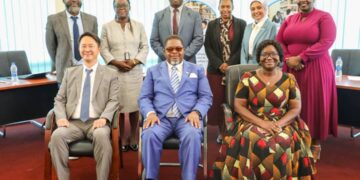


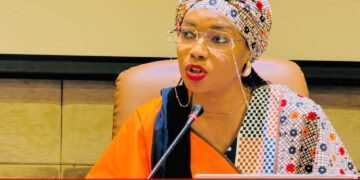
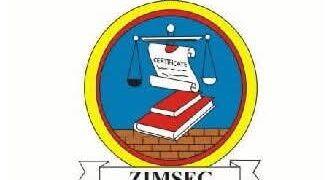
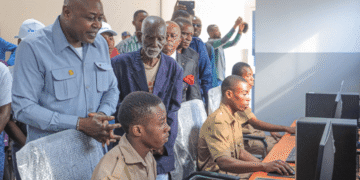













































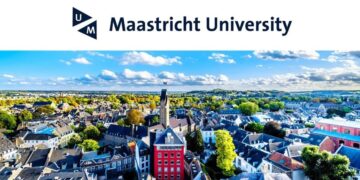




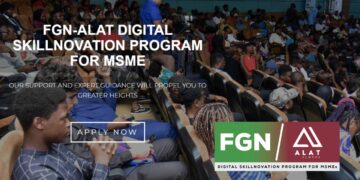
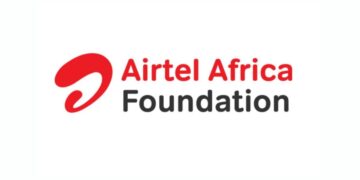



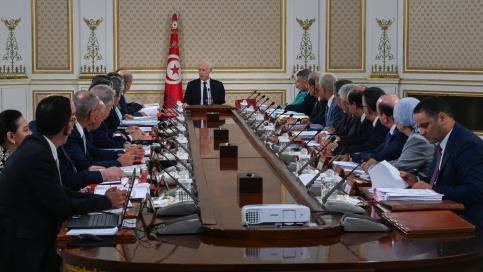




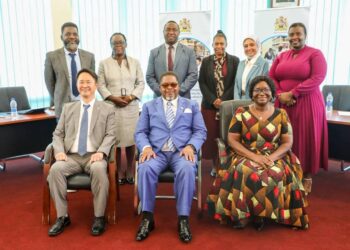
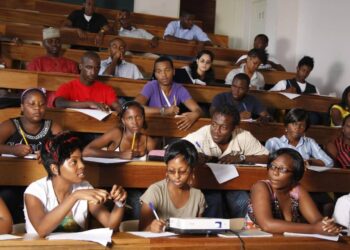

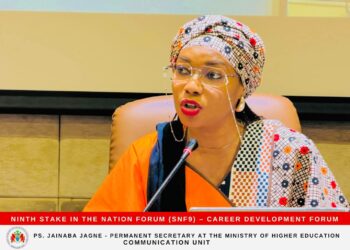
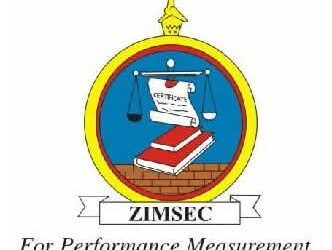
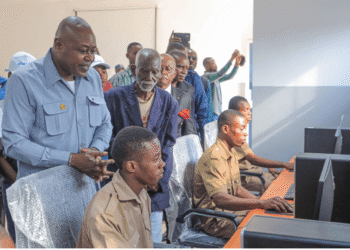










 EduTimes Africa, a product of Education Times Africa, is a magazine publication that aims to lend its support to close the yawning gap in Africa's educational development.
EduTimes Africa, a product of Education Times Africa, is a magazine publication that aims to lend its support to close the yawning gap in Africa's educational development.

